Chat with us
9 a.m. - 7:00 p.m. EST
Enter camper details to start the camp registration process and to view available camp dates and pricing
By clicking Submit you agree to and have read our privacy policy: Privacy Policy
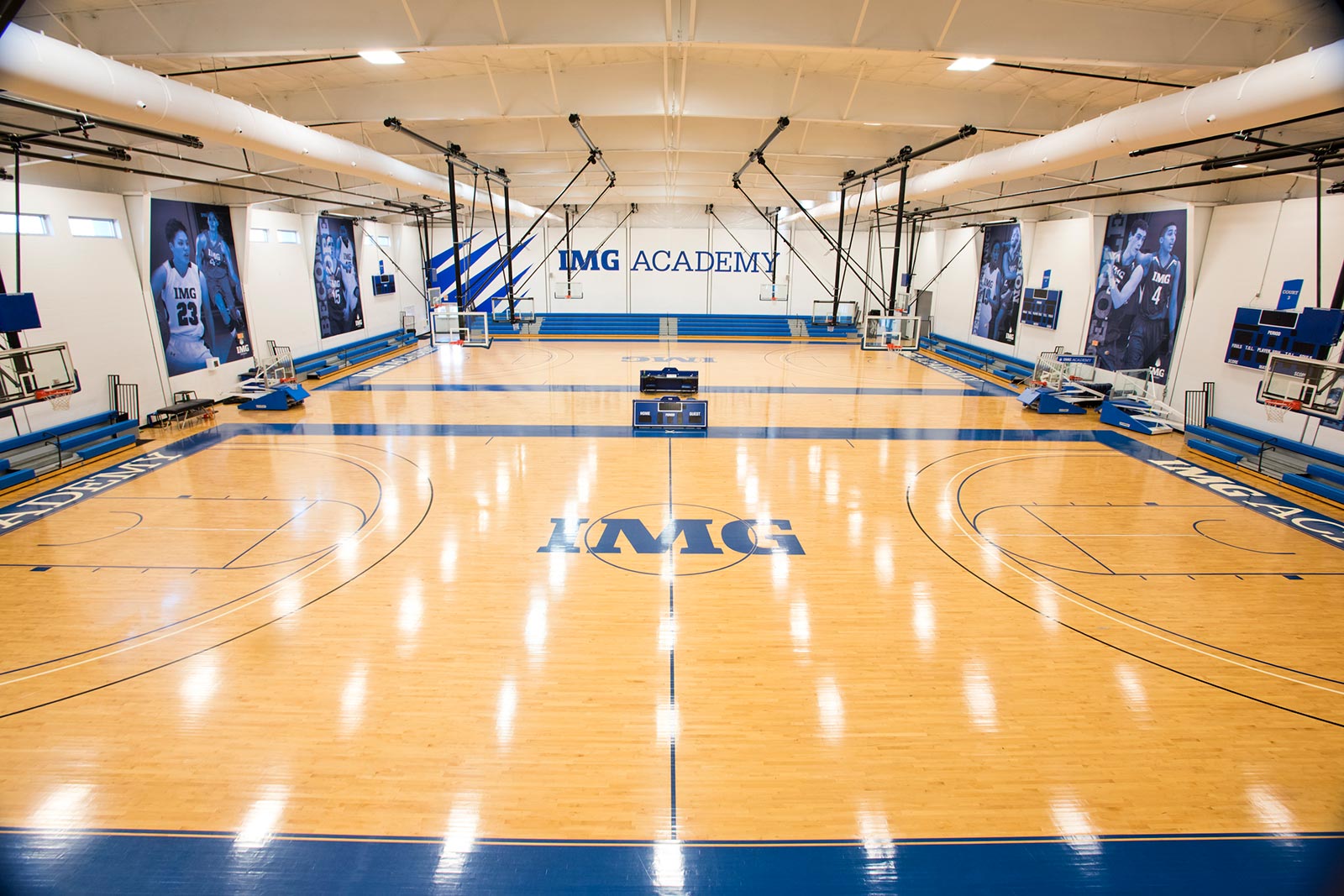
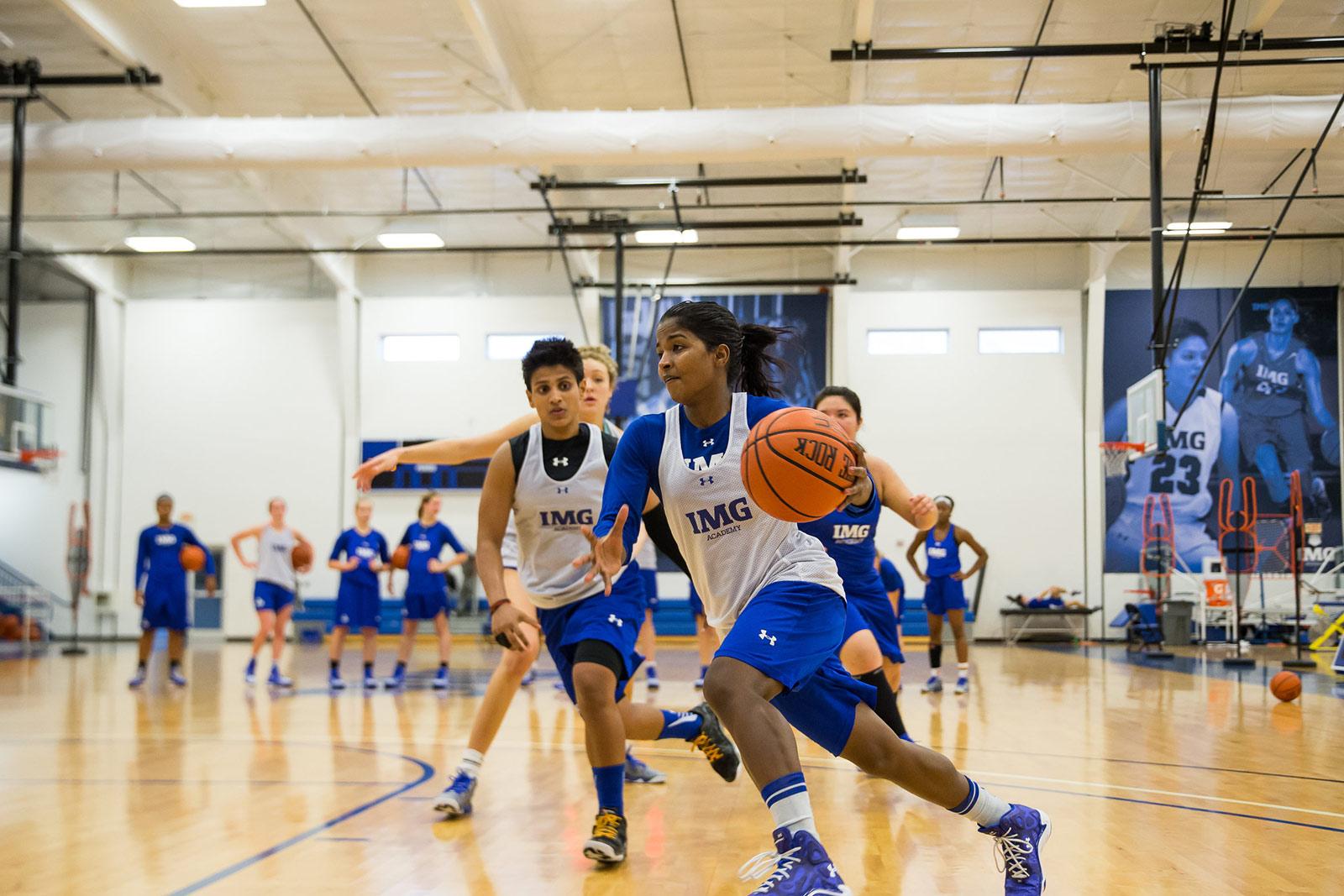
From the Williams sisters to Tiger Woods to Kobe Bryant, there are many professional athletes that started training from a young age. The story may vary as to whether they showed talent from an early age or their parent simply began teaching them, but the stories certainly make us wonder if our child could be next. But, what does the track from childhood athlete to professional sports icon look like?
Early Childhood: Some children show athletic talent at a young age so encouraging and helping to develop that talent right away is key. If your child shows skill in a particular sport, sign them up for a children’s league. If your child shows athletic prowess but perhaps not for a specific sport, introduce them to as many sports as you can to identify their talents and preferences. Young children are also the most likely to follow the example an adult sets for them, so, if you’re active in a particular sport, there’s a likely chance they’ll follow in your steps. The key at this young age is to identify and begin encouraging athletic talent without applying pressure that may discourage your child from sports.
Pre-Adolescence: Make sure sports are still an enjoyable activity for your child should they continue playing as a pre-teen. You may also want to begin taking steps to gently aid your child in becoming a better overall athlete. If your child decides they want to try a different sport, let them. They may just want a break, or they may feel like another activity is a better fit. If you force them to continue with the sport they began with, they may begin to resent playing and eventually quit altogether. Continue to sign them up for sports leagues, and consider taking them to professional sporting events, so they can see pros playing their sports firsthand. IMG Academy Director of Girls Basketball and Head Coach Shell Dailey explains, "When the child athlete comes to you and says they want to pursue the sport further, then it is time to invest. It’s time to invest your time and resources. You seek to find the best professionals that can help them. It now becomes their dream and not yours."
Early Adolescence: By this time your child may have reached an age where they can play their sport as a part of their school’s team, or more competitive, local leagues for their sport may now also be an option. Sports boarding schools and sports camps, such as overnight basketball camps, are also a great way for your child to gain more experience in their sport and to receive instruction from elite coaches and trainers. It is also important at this age for your child to begin to hone in on their sport-related mental toughness, and specialized programs, such as academies and camps, will provide this necessary focus. Enrolling your child in more advanced sports programs may also be the first step towards their collegiate athletics career.
High School: If your child continues to show progress in their sport and has a passion for the game, this time is incredibly valuable and may be the turning point in their career. Research NCAA recruiting rules and requirements with your child, and start developing a plan. Continued enrollment in sports academies and camps is also recommended. Ensure your child is also keeping up with their academics, as this will be a factor in their acceptance to their college of choice. Some athletes have made their professional debut at this stage, but don’t expect this route. It is wise to anticipate a collegiate career as the next step and to then adapt accordingly should circumstances change.
College: By this stage, your child’s success is mostly dependent on the individual and their coaches. But, you can still support them by watching their competitions and supporting them emotionally. The coaches and other members of your child’s athletics administration will guide them through the collegiate process as well as the next stage should professional sports be an option. If your child doesn’t want to play professional sports or does not possess the ability to continue moving forward in their sport, that’s certainly okay too! You’ve supported them through an entire childhood of playing sports and helped them achieve a level that many other children may never reach.
A Word of Caution: It is important to remember why you are encouraging your child to excel in a sport. Do they show a genuine talent and enthusiasm for it? Or, are you doing it for yourself in an effort to realize a potentially unfulfilled ambition from your own childhood? Be aware of your child’s feelings toward the sport, and make sure they aren’t experiencing burnout or feeling too much pressure – they are still a child and should ultimately enjoy this stage of their life. Coach Dailey adds, "Over the years, I’ve definitely seen young athletes experience ‘burn out’ but it doesn’t last long if you allow them to express their feelings. Also, let them know that it’s okay for them to feel this way and that it’s normal. As a coach, you just coach and support them through each step."
Many parents dream of their child becoming the next phenomenon in sports, and many parents are able to help their child reach their goal of becoming a professional athlete. Parents play a role by encouraging their child, signing them up for sports leagues, sports academies, and camps, such as overnight basketball camps, and by being a sounding board and a source of emotional support.
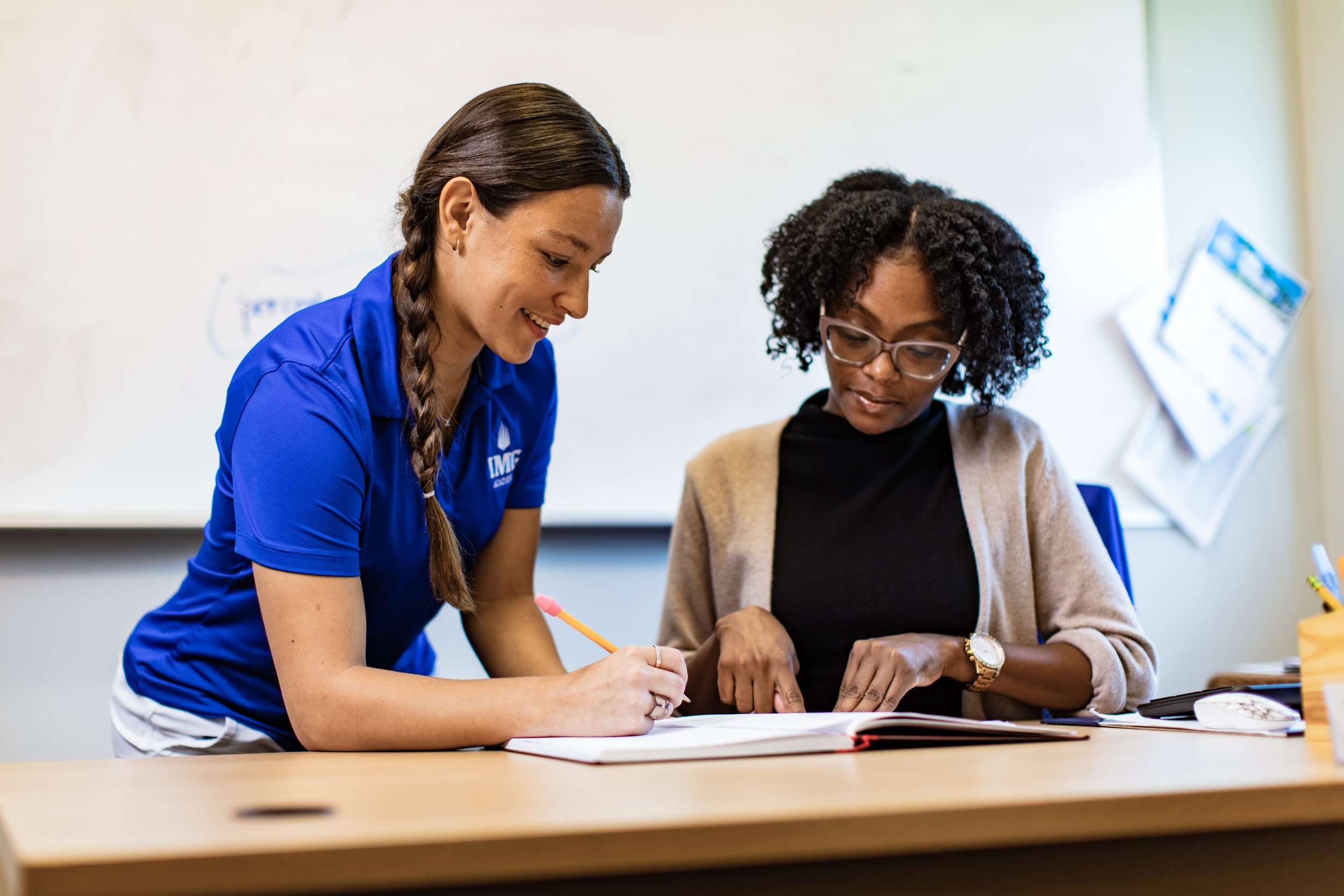
Explore IMG Academy world-renowned academic and athletic programs.
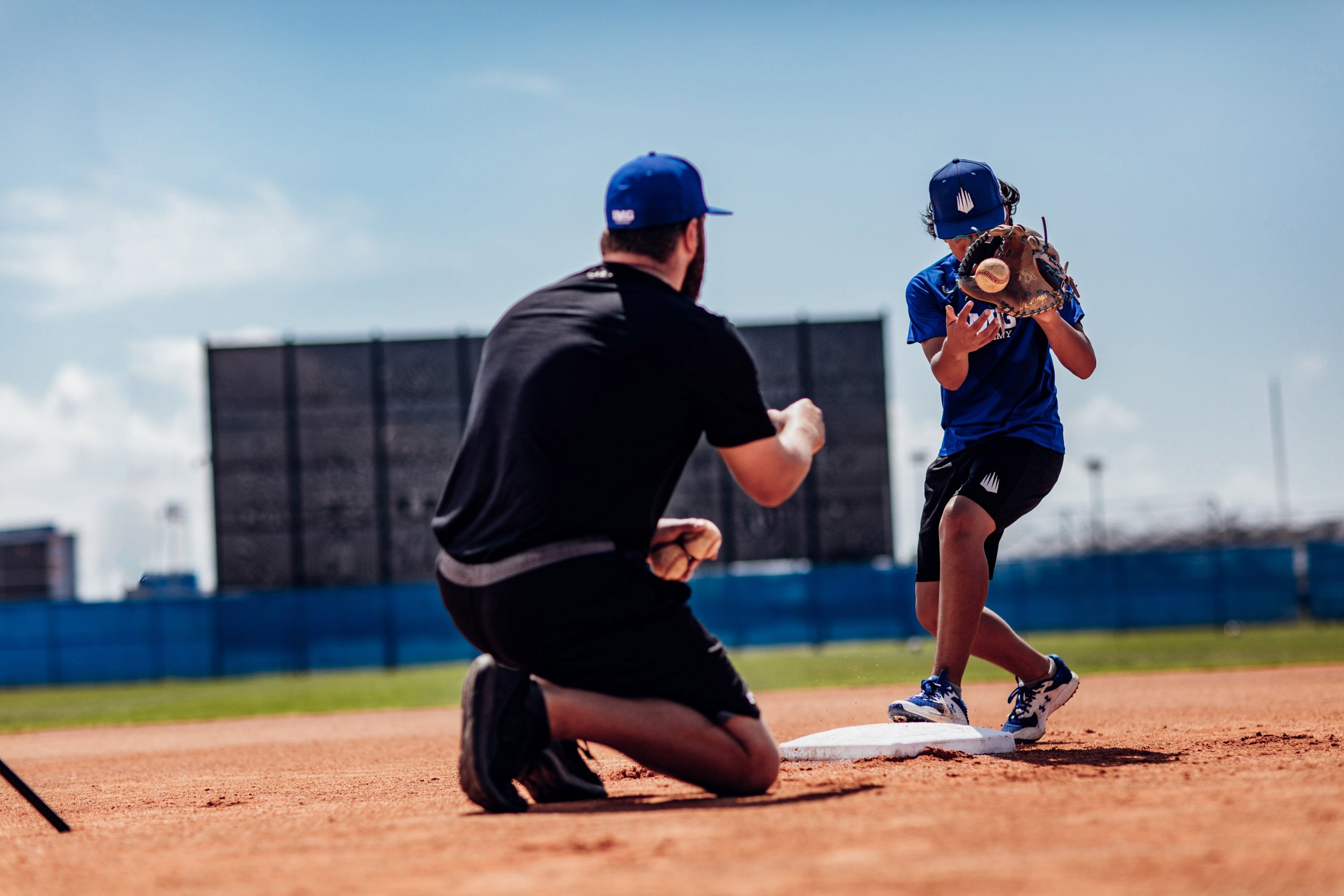
Explore IMG Academy's year-round sport camps and training programs.

Learn about online Mental Performance and Nutrition coaching.
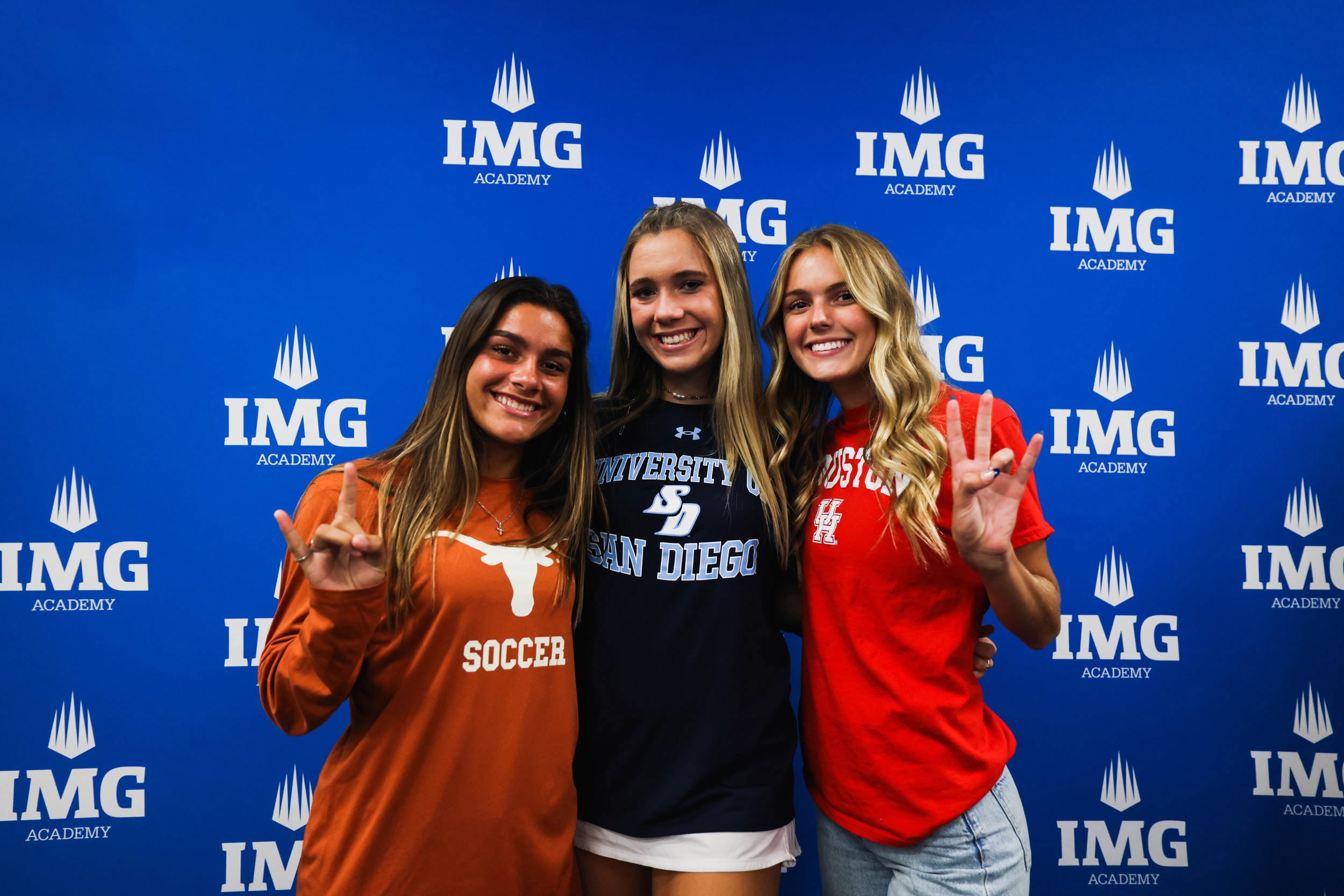
Learn about NCSA College Recruiting and how to prepare for the next level.
9 a.m. - 7:00 p.m. EST